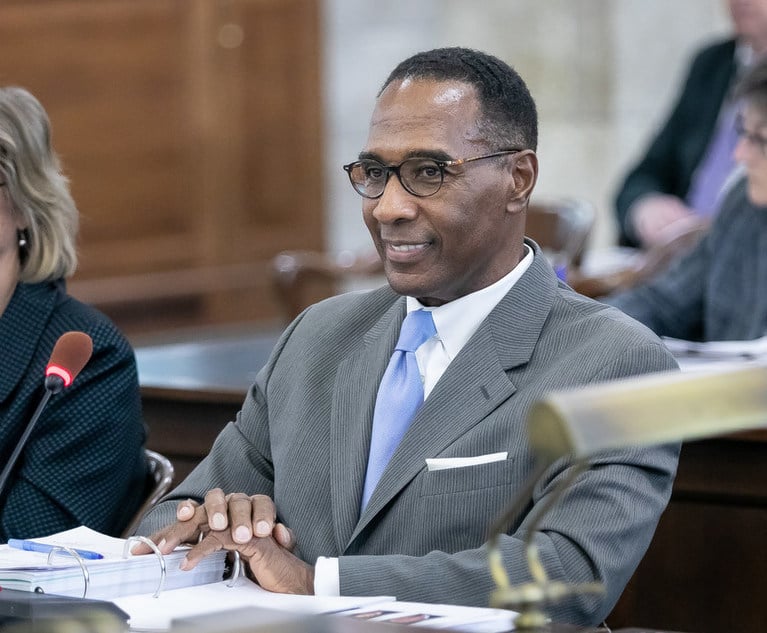The Legislature created the Government Records Council (GRC) to help advocate and enforce the New Jersey Open Public Records Act, N.J.S.A. 47:1A-1 et seq. (OPRA) and to help the general public realize its newly expanded right of access to government records. The GRC’s statutory responsibilities are mostly educational in nature, and it is charged with providing OPRA guidance to the public and to records custodians alike. The Legislature’s emphasis on the GRC’s educational role is understandable, since OPRA fundamentally changed the framework for analysis of government transparency issues in New Jersey. The GRC also provides a forum for adjudicating OPRA controversies, which initially served to complement its educational mission, but which has morphed into a quasi-judicial body with its own doctrines and precedents—some of which differ significantly from their counterparts in Superior Court.
The OPRA statute specifically provides “[a] decision of the [GRC] shall not have value as precedent for any case initiated in Superior Court.” N.J.S.A. 47:1A-7. However, it has become common practice for records custodians and their advisers to rely on GRC decisions and GRC educational materials when analyzing OPRA requests, which can result in substantial liability for municipalities when complainants choose to sue them in Superior Court instead of the GRC. Further, although the GRC is explicitly charged with providing “information regarding the law governing access to public records” via a toll-free helpline to “any person, including records custodians,” our courts give absolutely no deference to a custodian’s good-faith reliance on advice or guidance from the GRC. See Paff v. Galloway Twp., 229 N.J. 340, 356-57, 162 (2017) (“Surely, if the Superior Court is to give no weight to a GRC decision, then informal guidance from the GRC can stand in no better position.”); see also N.J.S.A. 47:1A-7 (emphasis added).


 Getty Images/iStockphoto
Getty Images/iStockphoto




